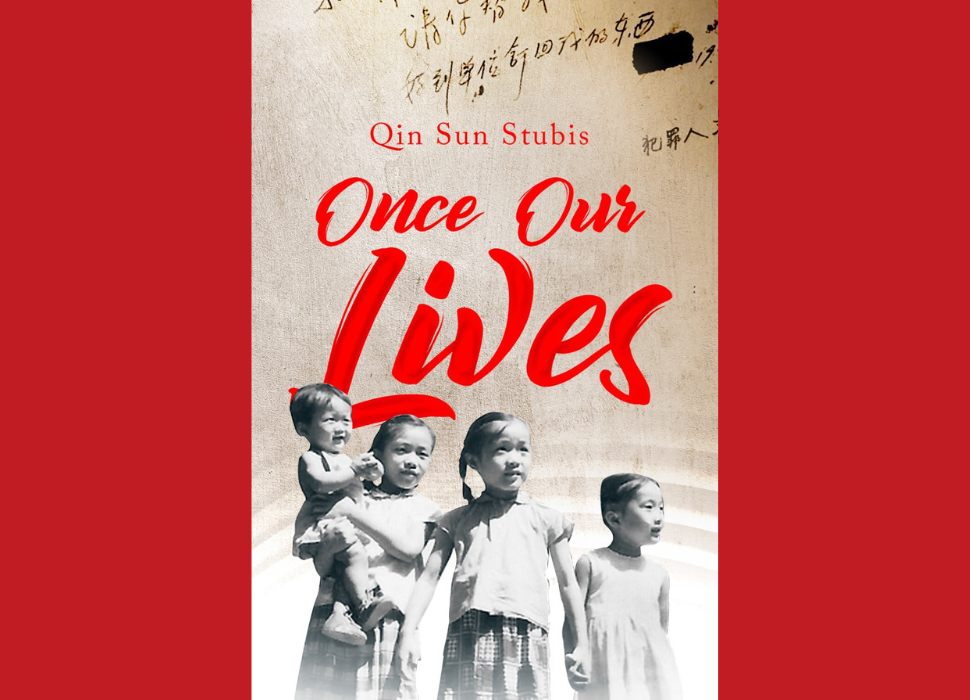Tap. Tap. Tap. The knocking at the front door was so faint that it could have been the sea breeze gently rocking it back and forth in its thick wooden frame. But Ya Zhen knew someone was outside waiting for her. She went to the kitchen and fetched a big bowl in which she had carefully hidden some delicious fried fish, meat, and vegetables under a generous mountain of yesterday’s leftover rice. Holding the bowl with one hand and her swollen belly with the other, she slowly made her way to the front door.
Of course, he was there. The old beggar nodded silently, shuffled his rag-covered feet, and stared greedily at the rice bowl, searching for any traces of the treasures buried underneath. His nostrils flared, sucking in every faint scent escaping from the bowl. In those hard times, amid foreign wars and the Great Depression, beggars were usually given some stale rice and a sympathetic look. People could not afford to give away what they did not have enough of themselves, but Ya Zhen had married into a wealthy family, and food was plentiful.
She felt a special attachment to this beggar whose daily visits had started a week before. For some reason she could not explain, she waited for his gentle knock and eager eyes and fed him herself instead of ordering the servants to take care of the matter.
Who was he? Where was he from? Where did he live? Ya Zhen did not know and never asked. But she knew he could starve to death if she did not feed him, and she pitied him. She was feeling unusually sensitive these days. Her first baby was coming, and she was scared. Women often died during childbirth in remote sea villages such as hers where doctors did not exist. Somehow, in her Buddhist mind, keeping this old man alive made her feel more secure, as if she was ensuring the future for herself and her baby.
A few weeks before, the village fortune teller had been summoned to the house and brought both good and bad news about her baby. As big and round as a banquet table, she…
Read the full article here





